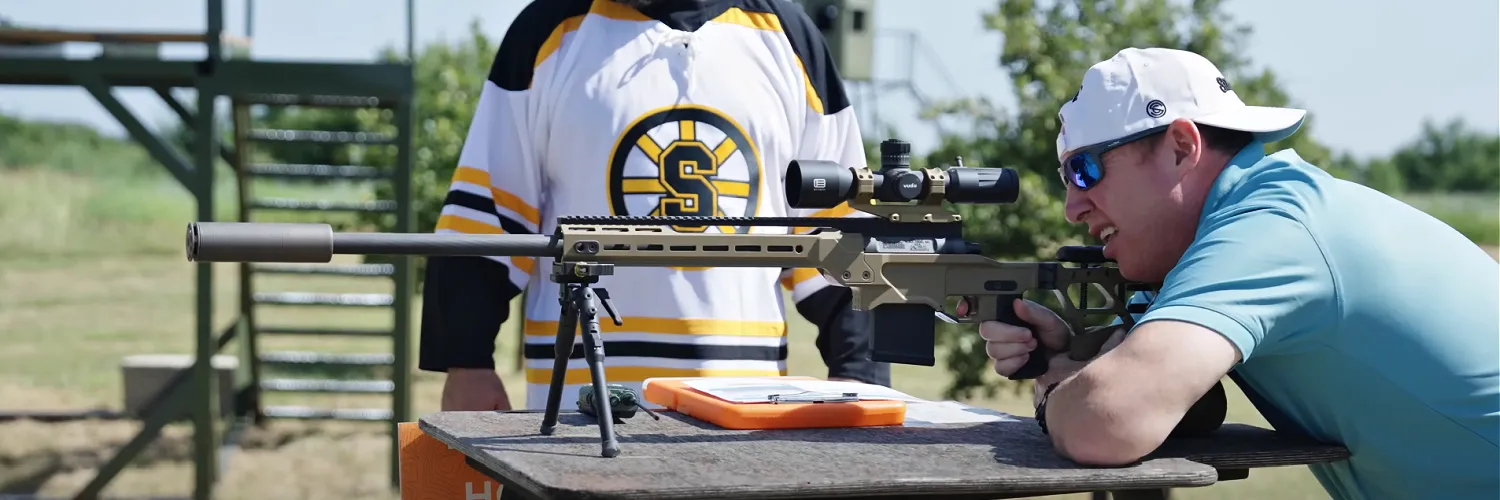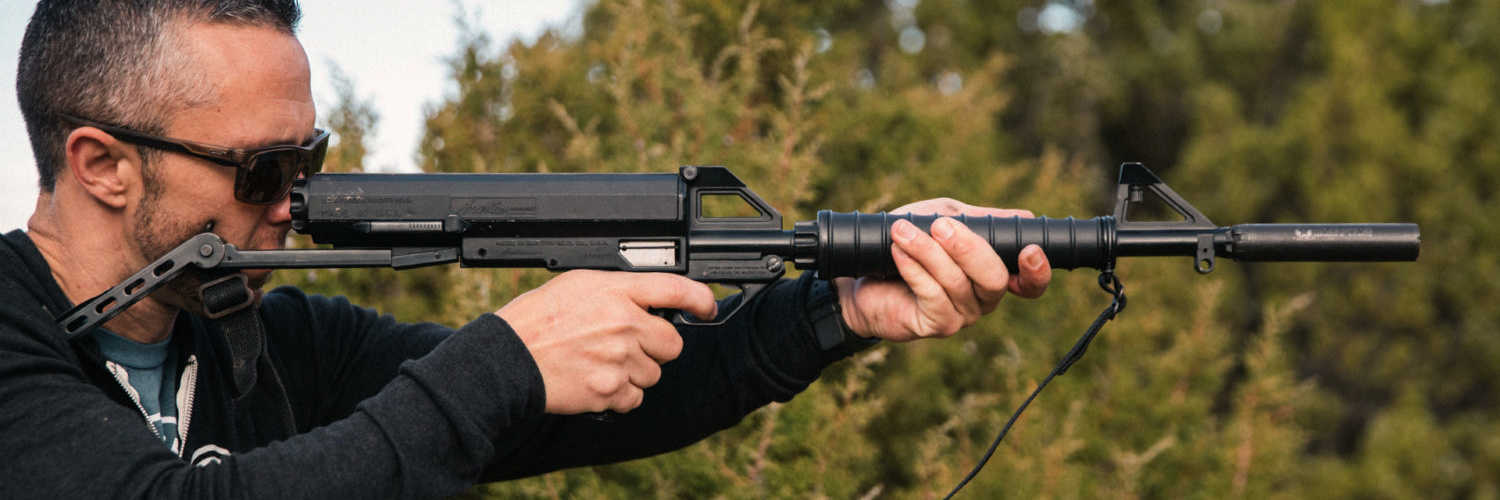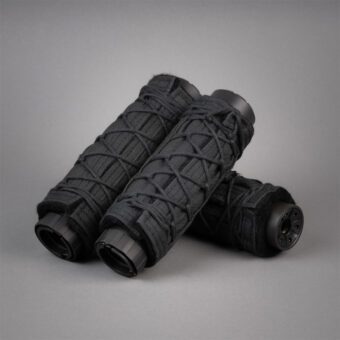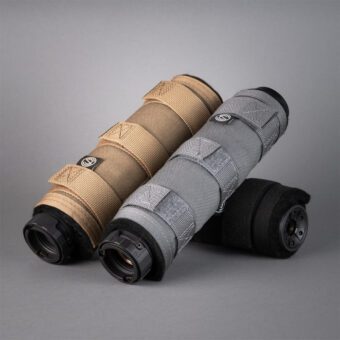Texas and Suppressor Laws
Kat Ainsworth Stevens
If you’ve heard of the Texas Suppressor Freedom Act and wondered what it means for suppressor owners, you’re not alone. Texas has long been proactive in enhancing firearms rights at the state level, and this Act is a significant part of that effort. Here’s everything you need to know about the Texas Suppressor Freedom Act.
Disclaimer: This is for informational purposes only and not legal advice.

What Is the Texas Suppressor Freedom Act?
In May 2021, Texas passed House Bill 957, known as the Texas Suppressor Freedom Act, which took effect on September 1, 2021. This law allows suppressors made in Texas to be legally possessed and owned without a federal tax stamp, provided they remain within the state’s borders. However, there are specific details and conditions to consider.
What Suppressors Are Covered?
The Act was written to permit only suppressors made in Texas to be owned and possessed without a federal tax stamp. According to the applicable government code — which you can view here — a suppressor must be made in Texas “from basic materials” and cannot include any parts imported from another state, except for “generic or insignificant” parts. Specifics regarding which parts might be considered generic enough for importation aren’t included.
These Texas-made suppressors must also be stamped with “Made in Texas.”
Can These Suppressors Be Used With Any Gun?
Yes, the Act specifies that Texas-made suppressors can be used with any firearm, regardless of whether the firearm was imported from another state as long as the suppressor meets the manufacturing guidelines.
Federal Law on Suppressors
The National Firearms Act (NFA) of 1934 restricts the ownership and possession of suppressors and other items unless the owner goes through extensive background checks, paperwork, and pays a $200 tax stamp fee. This federal law continues to apply today, making it illegal to own a suppressor without completing the required federal process.
The NFA, 26 U.S.C. Chapter 53, can be viewed in its entirety here. It’s important to be familiar with these laws because claiming ignorance of the law is not a valid legal defense. It’s quite literally your responsibility to know and follow the law.
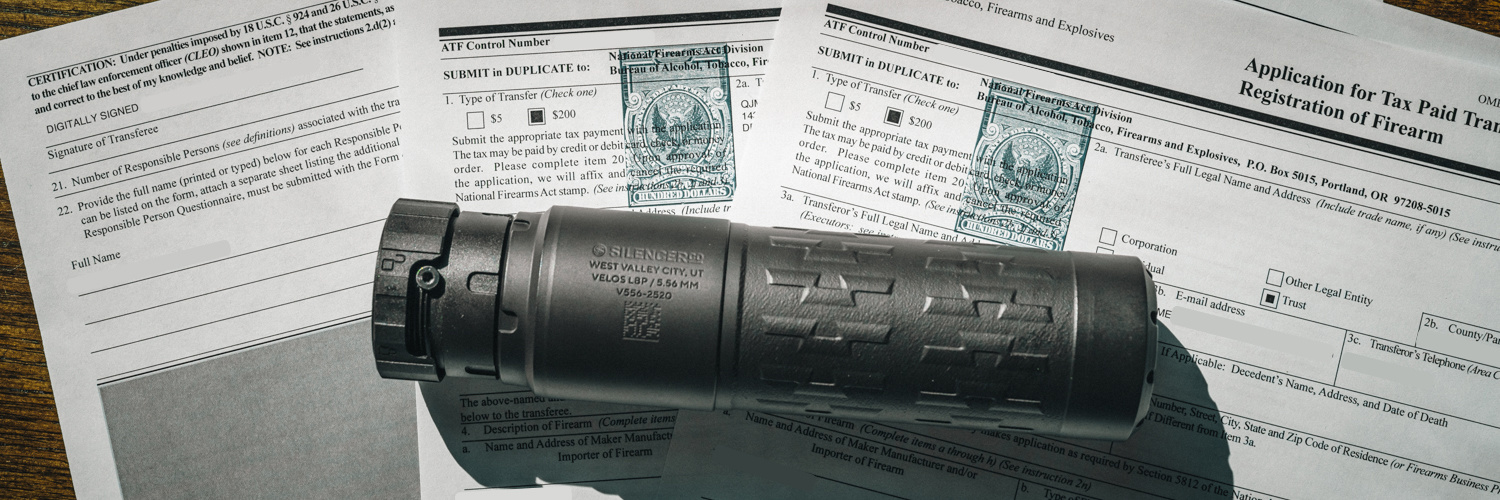
What Does Texas Say About the NFA?
The Texas Suppressor Freedom Act states that suppressors made and kept within Texas are not subject to federal laws or regulations.
Specifically, it says in part, “a firearm suppressor that is manuactured in this state and remains in this state is not subject to federal law or federal regulation, including registration, under the authority of the United States Congress to regulate interstate commerce.”
There’s also a clause protecting basic materials to be used for suppressors from federal regulation. The question is, can Texas do that?
Can Texas State Law Override Federal Law?
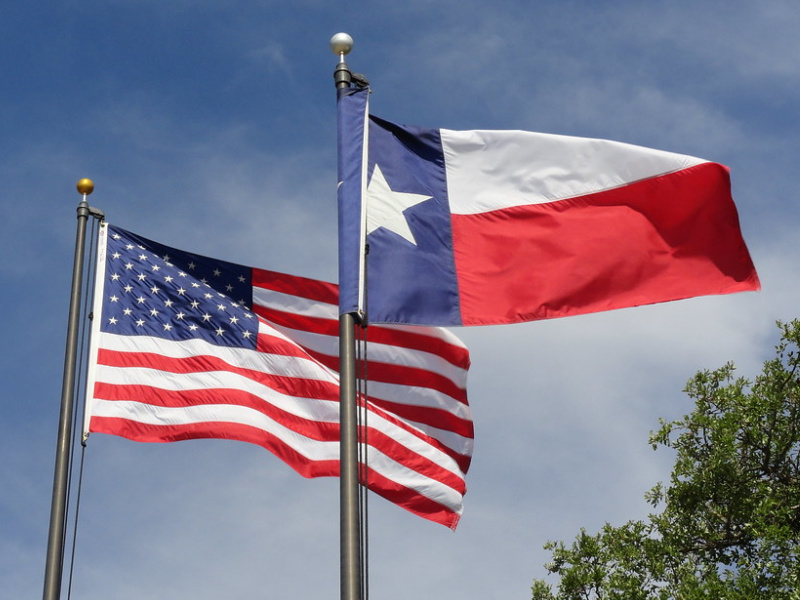
Federal law always supersedes state law, but there’s more to it than that. The key concept here is the Supremacy Clause, found in Article VI, Paragraph 2 of the United States Constitution. It declares that federal laws and the Constitution are “the supreme Law of the Land,” and binds judges in every state to this principle.
The Supremacy Clause was created to address issues that arose under the Articles of Confederation, adopted in 1777. These Articles established the United States government but lacked clarity on the binding nature of federal laws on states. This ambiguity led to conflicts between federal and state governments until the Constitution was ratified in 1788. The Supremacy Clause resolved these conflicts by ensuring federal laws took precedence over state laws.
Despite the clarity provided by the Supremacy Clause, conflicts between federal and state laws persist, as seen with the Texas Suppressor Freedom Act. This is where the concept of nullification comes into play.
Nullification Theory
Nullification is the idea that states can invalidate federal laws. While this theory has never been upheld in court, it remains a contentious point. The Kentucky and Virginia Resolutions, penned by Thomas Jefferson and James Madison, argued that states could judge the constitutionality of federal actions.
Jefferson wrote that the Constitution was considered a “compact” with the states and that each state — Kentucky, in this case — had “an equal right to judge for itself” if the compact was violated in some way. He wrote “…where powers are assumed which have not been delegated, a nullification of the act is the rightful remedy.”
So, does nullification theory mean Texas’ attempt to legalize suppressors made within the state’s border could work? Not necessarily.
What Happened to the Texas Suppressor Freedom Act?
After the Texas Suppressor Freedom Act was enacted, a legal battle quickly ensued. The Texas Office of the Attorney General filed a lawsuit challenging federal suppressor regulations. However, in 2023, federal judge Mark Pittman dismissed the lawsuit due to “lack of standing,” indicating that the suit had no grounds to be filed.
Texas appealed the decision, but in June 2024, the U.S. Court of Appeals for the 5th Circuit upheld the dismissal. The court reaffirmed that federal laws, including the National Firearms Act (NFA), apply in Texas as they do in the other 49 states.
In the 14-page opinion issued by the 5th Circuit, Chief Judge Edith Brown wrote, “The declarations do not state any intention to engage in conduct proscribed by the law. The plaintiffs must show an invasion of a legally protected interest that is concrete, particularized, and actual or imminent, not conjectural or hypothetical.” This means Texas and the plaintiffs failed to prove an actual injury that justified suing the federal government.
Does this mean there’s still hope for the Act? Time will tell.
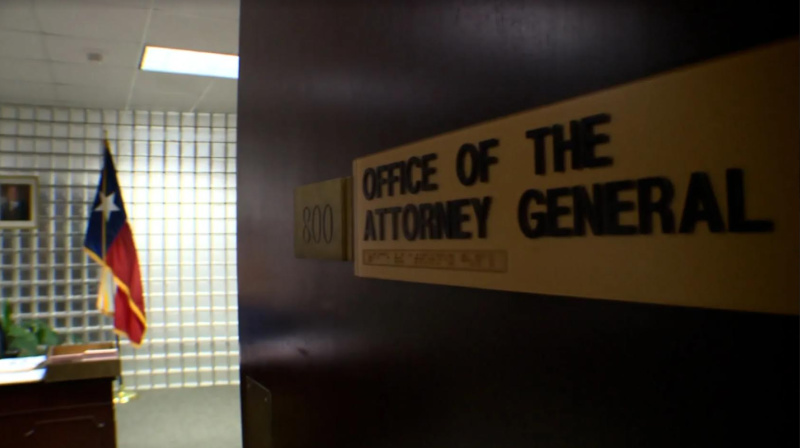
Is Texas Going Back to Court Over Suppressors?
The attorney representing the Texas residents involved in the case is Tony McDonald, and he has stated he intends to refine and re-file the case. As for the Texas Office of the Attorney General, there’s been no official word just yet on whether they plan to continue pursuing suppressor freedom in the Lone Star State. Hopefully they will.


